Animals
-
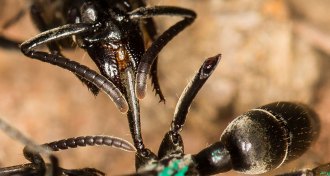 Animals
AnimalsAnts practice combat triage and nurse their injured
Termite-hunting ants have their own version of combat medicine for injured nest mates.
By Susan Milius -
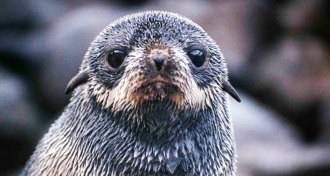 Animals
AnimalsStrong winds send migrating seal pups on lengthier trips
Prevailing winds can send northern fur seal pups on an epic journey.
-
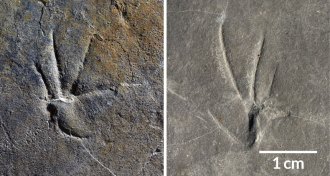 Paleontology
PaleontologyFossil footprints may put lizards on two feet 110 million years ago
Fossilized footprints found in South Korea could be the earliest evidence of two-legged running in lizards.
-
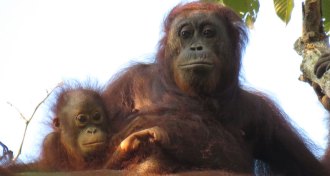 Anthropology
AnthropologyIn Borneo, hunting emerges as a key threat to endangered orangutans
Only small numbers of Bornean orangutans will survive coming decades, researchers say.
By Bruce Bower -
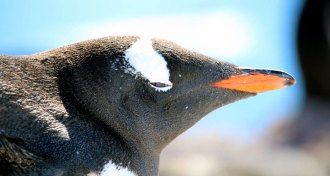 Climate
ClimateLook to penguins to track Antarctic changes
Scientists say carbon and nitrogen isotopes found in penguin tissues can indicate shifts in the Antarctic environment.
-
 Genetics
GeneticsStudy debunks fishy tale of how rabbits were first tamed
A popular tale about rabbit domestication turns out to be fiction.
-
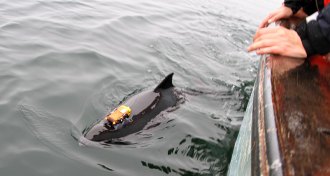 Life
LifeShipping noise can disturb porpoises and disrupt their mealtime
Noise from ships may disturb harbor porpoises enough to keep them from getting the food they need.
By Dan Garisto -
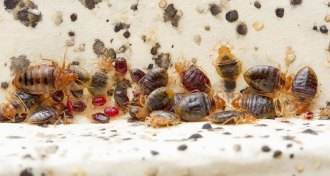 Animals
AnimalsEven after bedbugs are eradicated, their waste lingers
Bedbug waste contains high levels of the allergy-triggering chemical histamine, which stays behind even after the insects are eradicated.
-
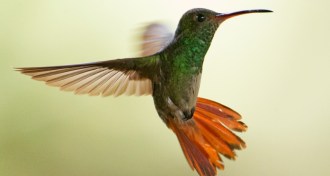 Animals
AnimalsTrove of hummingbird flight data reveals secrets of nimble flying
Tweaks in muscle and wing form give different hummingbird species varying levels of agility.
By Susan Milius -
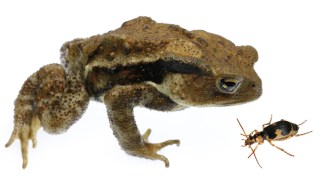 Animals
AnimalsIt’s a bad idea for a toad to swallow a bombardier beetle
Toads are tough. But there are some insects even they shouldn’t swallow.
By Susan Milius -
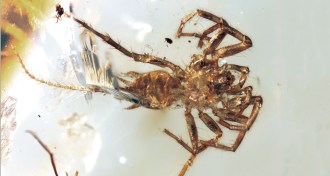 Paleontology
PaleontologyThis ancient creature looks like a spider with a tail
A newly discovered ancient creature looks like a spider and has silk spinners and spidery male sex organs.
By Susan Milius -
 Animals
AnimalsA peek into polar bears’ lives reveals revved-up metabolisms
Polar bears have higher metabolisms than scientists thought. In a world with declining Arctic sea ice, that could spell trouble.
By Susan Milius